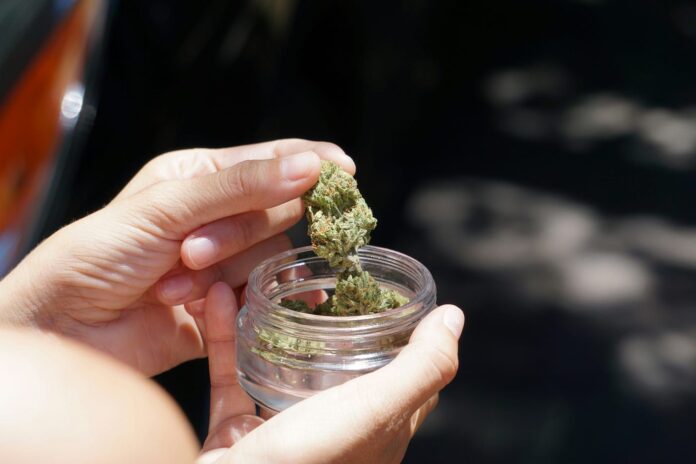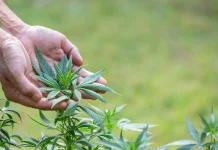Amidst the escalating popularity of Delta-8 flower, apprehensions have emerged regarding the integrity and safety of the products. The surge in demand has led to instances of inferior or tainted Delta-8 items infiltrating the market, underscoring the necessity for rigorous testing protocols and quality assurance procedures. When procuring Delta-8 flower or associated products, it is imperative to give precedence to well-established and transparent brands that uphold stringent quality criteria. Look for third-party lab testing results and ensure that the products are free from contaminants, such as heavy metals, pesticides, or residual solvents. It’s crucial to understand the potential risks and side effects associated with Delta-8 THC consumption. While many users report a milder experience compared to Delta-9 THC, the long-term effects are still not fully understood, and individual responses may vary.
Responsible use and education
As with any cannabis product, responsible use and education are paramount when it comes to Delta-8 flower. It’s essential to approach Delta-8 with caution and a commitment to informed decision-making. Before consuming Delta-8 flower, it’s crucial to research and understand the potential effects, both desired and undesired. Additionally, it’s essential to be mindful of dosage and start with low amounts, gradually increasing as needed, to gauge individual tolerance and response. Furthermore, it’s imperative to educate oneself on the proper storage and handling of Delta-8 flowers to ensure their potency and safety. Proper storage conditions, such as cool, dry, and dark environments, help preserve the flower’s integrity and prevent degradation.
Sustainable and eco-friendly applications
In an era where sustainability and environmental consciousness are paramount, the Delta-8 flower could play a pivotal role in developing eco-friendly solutions across various industries. Researchers are exploring the potential of delta 8 flower extracts as natural alternatives to synthetic pesticides and growth enhancers in agriculture. By leveraging the unique properties of this cannabinoid, farmers and cultivators could potentially reduce their reliance on harmful chemicals, promoting sustainable and environmentally conscious practices. The Delta-8 flower’s potential applications extend to bioremediation, where its compounds could aid in the removal or neutralization of pollutants from contaminated environments.
The culinary and fragrance industries are constantly seeking innovative ways to captivate the senses and elevate experiences. The Delta-8 flower’s unique aroma and flavor profile present a tantalizing opportunity to explore uncharted territories in these realms. Imagine indulging in a Delta-8-infused dining experience, where flavors and aromas are meticulously crafted to tantalize the palate and transport you to a realm of heightened sensory delight. From artisanal chocolates and confections to craft cocktails and culinary masterpieces, the possibilities are endless. The fragrance industry could harness the potential of Delta-8 flower extracts to create captivating and distinct scent profiles, offering a novel approach to aromatherapy, personal care products, and ambient fragrances.
The Delta-8 flower represents a world of untapped potential, beckoning researchers, entrepreneurs, and innovators to push the boundaries of what’s possible. From sustainable agricultural practices to elevated sensory experiences, and from holistic wellness solutions to interdisciplinary collaborations, the opportunities are vast and inspiring. As we navigate this exciting frontier, it is crucial to strike a balance between innovation and responsibility, ensuring that the pursuit of progress is grounded in rigorous research, ethical practices, and a deep commitment to consumer well-being.









